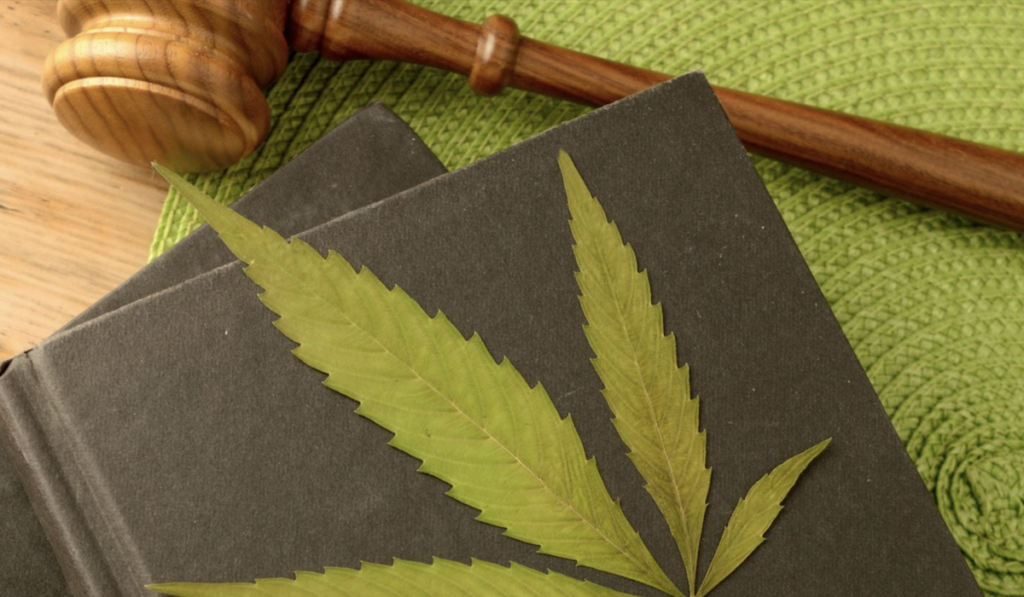The regulatory landscape for CBD products in the United States is complex and ever-evolving. In a recent webinar hosted by LegitScript, industry experts provided a comprehensive overview of both federal and state regulations impacting CBD sellers, manufacturers, and their partners. Read the key takeaways to help you navigate this intricate legal framework, then watch the full webinar on demand.
Federal Regulations: A Historical Overview
The journey of CBD regulation at the federal level began with a significant milestone in July 2018 when the FDA approved Epidiolex, a drug containing CBD for treating rare childhood epilepsy. This approval marked the first step toward legitimizing CBD in the pharmaceutical landscape but also highlighted the regulatory challenges ahead. At the time, there was no legal distinction between hemp and marijuana, making all cannabis derivatives Schedule I controlled substances.
The landscape shifted dramatically with the 2018 Farm Bill, which officially removed hemp (defined as cannabis containing less than 0.3% THC) from the Controlled Substances Act. This legislative change opened the floodgates for a legitimate hemp and CBD industry. However, the FDA retained authority over CBD products, reiterating that CBD could not be marketed as a dietary supplement or food additive due to provisions in the federal Food, Drug, and Cosmetics Act.
In January 2023, after years of deliberation, the FDA announced it would not pursue a rulemaking process for CBD in dietary supplements and foods. The agency cited concerns over product safety, including potential liver damage, medication interactions, and harm to the male reproductive system. The FDA called for a new regulatory pathway from Congress that would balance access to CBD products with rigorous oversight.
Other Federal Agencies and CBD Regulation
- DEA: As long as CBD products are derived from hemp with less than 0.3% THC, the Drug Enforcement Agency has no jurisdiction. However, any product exceeding this threshold is considered marijuana and a Schedule I substance.
- FTC: The Federal Trade Commission has aggressively targeted deceptive advertising and unfair business practices in the CBD market. Companies making false health claims or engaging in deceptive trade practices face warning letters, cease and desist orders, and potential legal action.
Permissible and Impermissible CBD Products
In the webinar, we covered federally permissible and impermissible CBD products with examples of each. Some of these include the following:
Permissible Products:
- Topicals: Products such as creams, balms, and bath bombs, as long as they contain less than 0.3% THC and make no unsubstantiated health claims
- Cosmetics: As long as they aim to beautify or cleanse without making medicinal claims
Whole hemp flower: Permitted if it contains less than 0.3% THC and is not marketed for inhalation
Impermissible Products:
- Foods and supplements: The FDA strictly prohibits CBD in foods and dietary supplements.
- Delta-8 THC products: This compound, similar to delta-9 THC, faces regulatory scrutiny due to its psychoactive effects and potential safety concerns.
- Products with psychoactive THC levels: Some products exploit loopholes in the Farm Bill, but these remain a regulatory gray area and are often targeted by the FDA.
State-Level Regulations: A Patchwork of Laws
State regulations for CBD vary widely, creating a patchwork of laws that businesses must navigate carefully. Some states align closely with federal guidelines, while others have more stringent or lenient regulations. Some of the states discussed during the webinar include:
- California: Known for its stringent regulations, California requires CBD products to undergo rigorous testing for purity and potency, and mandates comprehensive labeling.
- Texas: Initially restrictive, Texas has recently relaxed some regulations, allowing the sale of certain hemp-derived CBD products, provided they meet state standards for THC content.
- Florida: Florida has a well-developed regulatory framework, with specific requirements for the labeling and sale of CBD products, as well as mandatory registration for manufacturers and sellers.
LegitScript provides a detailed state-by-state compliance chart, an invaluable resource for anyone in the CBD industry, in our CBD Compliance Resource Guide. Download the guide and watch our full webinar.
Confidently Compliant: LegitScript Certification
LegitScript's CBD Certification program is a recognized mark of compliance, endorsed by major platforms like Google and Meta. Certification helps CBD businesses demonstrate their adherence to regulatory standards, enabling them to advertise on major platforms and gain consumer trust. LegitScript Certification also allows payments companies and e-commerce platforms to confidently onboard CBD merchants.




